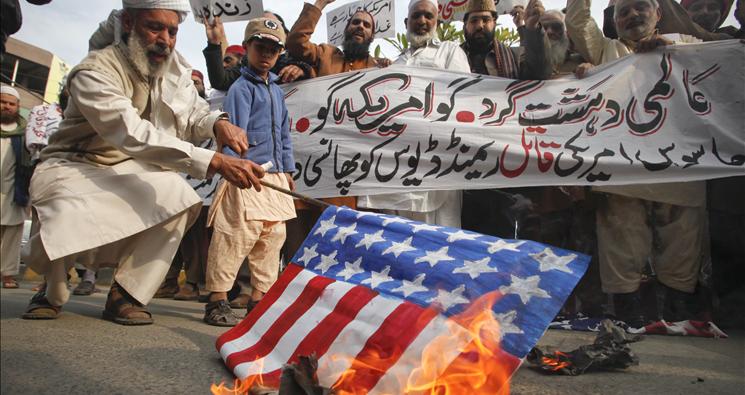Is the Arab Spring Good or Bad for America?
That’s the title of my CPAC panel this afternoon. I’ll be sharing the stage with Jim Gillmore, president of the Free Congress Foundation and the former governor of Virginia, and Zalmay Khalilzad, former U.S. Ambassador to Iraq and to Afghanistan. (Incidentally, I think I can safely say that I’m the least distinguished member of that panel.) If you’re not at CPAC or don’t care to make it over to the Marriott Ballroom at 2:05 p.m., here’s a brief look at my position:
First, when confronting a truly mass movement (as the Arab Spring is), the resulting governments are much more likely to reflect the underlying values of the culture than the previous, undemocratic dictatorships.
Second, while everyone seems to exalt “democracy” without qualification, democracies that do not respect individual liberties are just another form of tyranny.
Third, while it may (arguably) be true that the human heart longs to be free, there is nothing in the human heart that typically longs to make someone else free — especially if that someone else has substantially different religious beliefs and values from you.
Thus, an Arab spring that combines a culture that seethes with anti-Semitism and a population captivated (at least for now) by Islamists cannot possibly be good for America (or Israel) in the short term. It has certainly not been good for religious minorities in the Arab world. Much of the irrational exuberance over the various Arab rebellions rests in naive misunderstandings of modern Middle Eastern culture. The ultimate result of the Arab Spring is less the ascendance of a bunch of secular Facebooking and Twittering idealists than the Iranian Revolution 2.0.
This may very well be the true face of the Arab Spring:
This article is crossposted on National Review Online.
